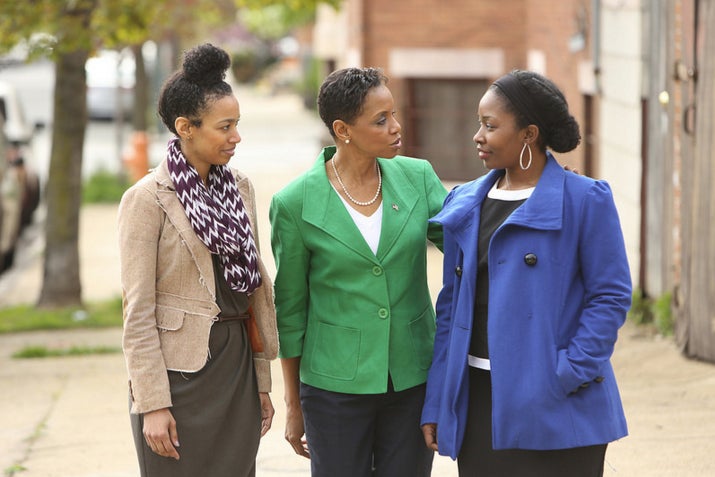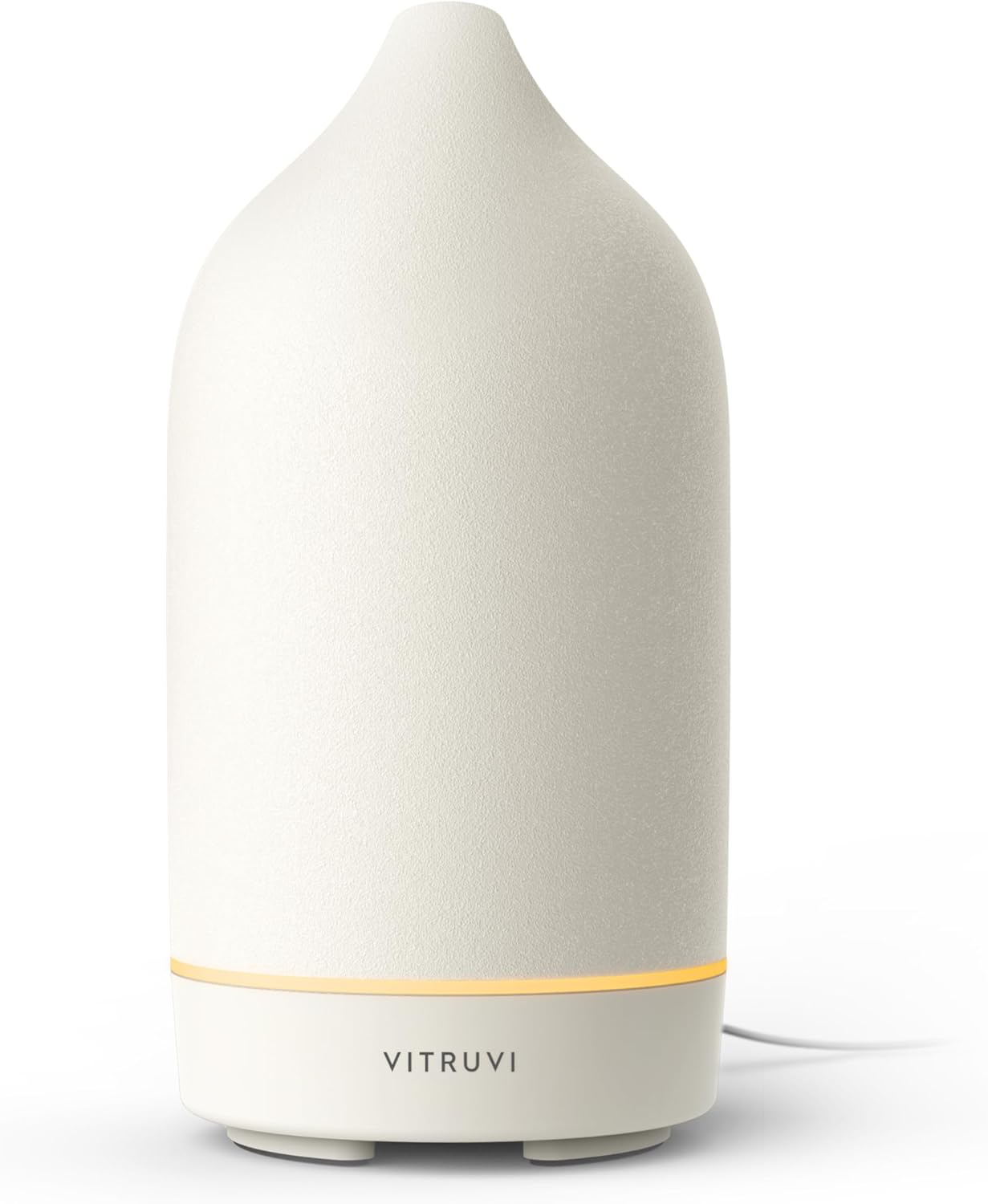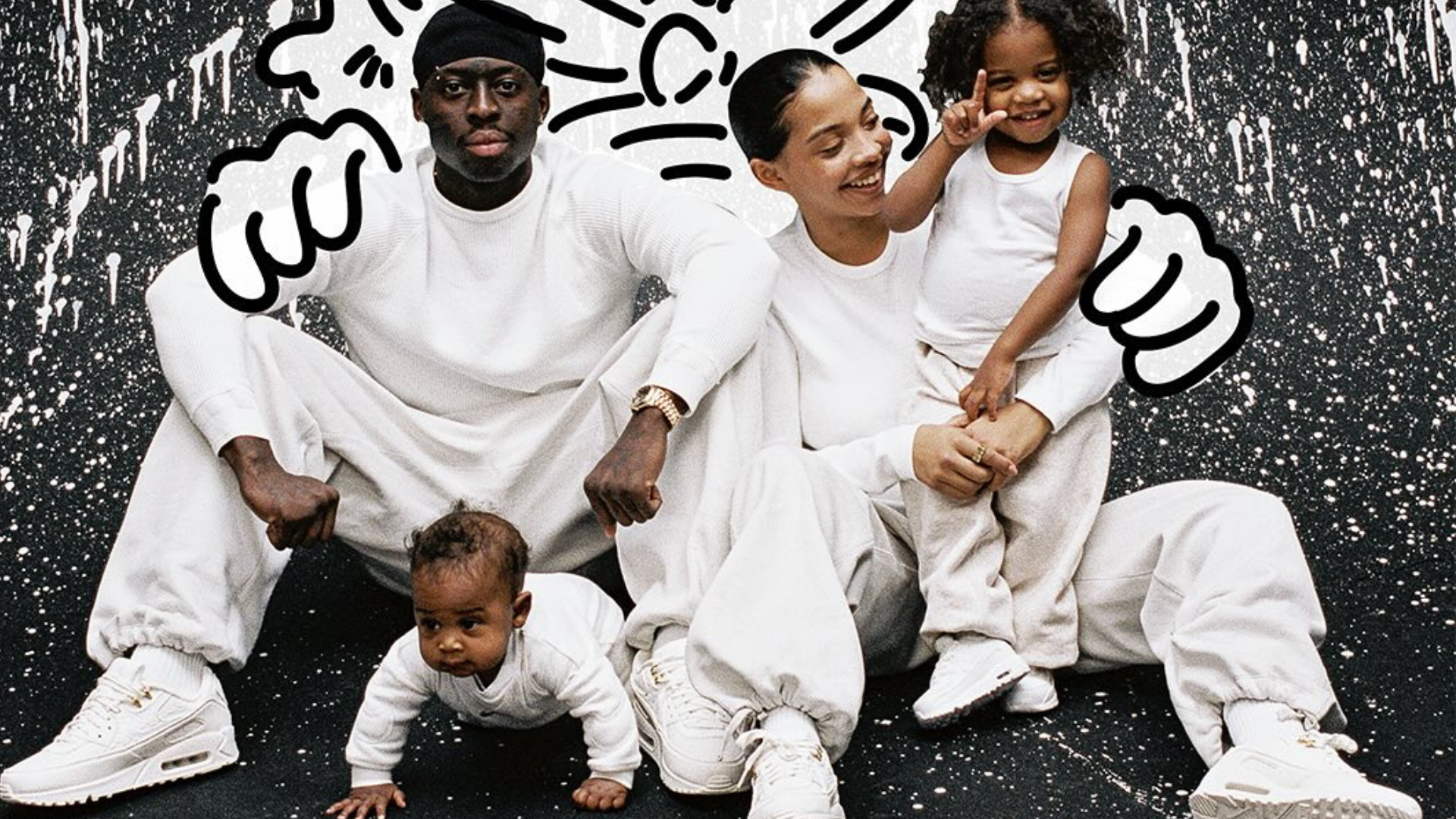
Back in 2008 when Donna Edwards became the first African-American woman elected to represent Maryland in Congress, the tall, slender sister with the close-cropped natural was something of an anomaly on Capitol Hill.
The North Carolina native was a military brat who’d attended 14 schools in locales like New Mexico and the Philippines. A systems engineer turned lawyer. A former organizer. And a longtime women’s activist whose advocacy helped to secure passage of the Violence Against Women Act in the early `90s.
Yet what really distinguished Edwards in the relatively rarified world of politics was the perspective she brought to the hallowed halls of Congress as a divorced, single, Black mother.
The Congresswoman remembers a time when paying the rent was tough, and she couldn’t afford health insurance. There were also periods when, as a young mother, she relied on the kindness of strangers to help provide basic necessities for herself and child.
“I would ride my bike to take my son to day care before work,” the 57-year-old candidate for U.S. Senate tells ESSENCE. “Sometimes I picked him up late in the evenings and they’d charge extra: A dollar a minute. At the end of the month, nothing was left in my budget. There were times when I used a local food pantry to make ends meet.” Edwards says she felt shame about her predicament. “I was embarrassed to tell my family and friends that I was struggling.”
A desire to uplift fellow working moms, and to improve the plight of American families, led Edwards to seek public office nearly a decade ago.
“I’d canvassed the community asking if anyone wanted to challenge the incumbent,” she shares. “No one wanted to do it. So I decided to run for office.”
The political neophyte pulled off an upset in the primary, and later won the general election. Now in her fifth term representing Maryland’s Fourth District in the House of Representatives, the Democrat has set her sights on the Senate.
Edwards wants to succeed the legendary Senator Barbara Mikulski, who plans to retire this year.
“There hasn’t been a Black woman in the Senate since Carol Moseley Braun of Illinois,” she says of the 100-member chamber, which currently has two African-American men. (Braun served one term from 1993 to 1999, but lost a subsequent reelection bid.)
With California Attorney General Kamala Harris also seeking an open senatorial seat, “There is an opportunity for Black women to make history on the East and West coasts,” says Edwards.
That’s not to say that the closely-watched Senate race in Maryland (where the primary is slated for April) will be a cakewalk. The field is crowded and highly competitive.
A recent poll by Gonzales Research & Marketing Strategies has Edwards trailing her Democratic opponent by two points. Meanwhile, while Maryland was once reliably “blue,” a surprise Republican gubernatorial victory in 2014 rocked the political status quo.
California Attorney General Kamala Harris Plans to be America’s Next Black Female Senator
Those who desire to see the Senate seat kept in the hands of a Democrat and a woman, say the stakes in this election are high. “It’s been nearly two decades since an African-American woman served in the U.S. Senate. In this election, perspective is everything,” says Stephanie Schriock, president of Emily’s List, which supports pro-choice, progressive candidates nationwide and has committed $1 million dollars in advertising to bolster Edwards’ campaign.
“Donna Edwards is the only candidate with the experience that shows she knows first-hand about the challenges women face,” Schriock continues. “Whether it’s raising her son as a single mom working a minimum wage job. …leading the way for victims of domestic violence, or protecting women’s access to healthcare as someone who knows what it’s like to spend years paying off bills from one uninsured trip to the emergency room, Donna has spent her entire career standing up for women. And that’s a perspective that’s desperately needed in the U.S. Senate.”
POLITICAL ROOTS
A self-described “progressive,” Edwards’ tenure in Congress has been marked by causes such as trying to protect Medicare and Social Security, and supporting women’s issues like reproductive rights and wage equality. For instance, she voted against cutting federal funding for Planned Parenthood, and was integral in the fight for an Affordable Care Act provision protecting Americans against excessive rate increases.
As the former Chair of the Democratic Women’s Working Group, she worked with former House leader Nancy Pelosi to launch “When Women Succeed, America Succeeds: An Economic Agenda for Women and Families.” It focused on three principles: pay equity, access to affordable childcare, and paid sick leave intended to help women balance their families and careers.
Along the way, Edwards has taken on special interests i.e. the National Rifle Association, and championed campaign finance reform that would take corporate money out of politics.
To wit, the candidate has declined to accept donations from Wall Street banks in her own campaign. “I’ve always been an independent thinker, and I’m not afraid to speak truth to power,” says Edwards, who when asked how she is perceived, admits that some have termed her “aggressive.” Her facial expression suggests that it’s not always meant to be a compliment. “I’m a fighter. …But I’m not someone who will compromise on my values to achieve a political goal.”
Edwards says her Senate platform builds on the priorities she’s favored in the House, notably pocketbook issues that impact the economic well being of families and women.
She vows to help businesses create well-paying jobs that extend to urban communities and beyond; to work for laws that will help stem the tide of gun violence in America; to push to make debt-free college a reality, and to honor those who have served in the nation’s military, specifically female vets. “I’m the daughter of an Air Force dad and the sister of a veteran.”
Edwards, who spent working in the private sector for a major defense contractor, is a ranking member of the Space, Science, and Technology Committee. “I believe science and technology are critical in preparing the workforce of the future.”
Passionate about education, she has authored legislation to fully fund STEM education initiatives at NASA, and pushed to obtain monies to aid high-needs schools. She’s pressed for underrepresented minorities to gain access to STEM grants, and secured investments in Historically Black Colleges and Universities (HBCUs).
Indeed, when the conversation turns to issues that affect African-American communities, Edwards doesn’t shy away from tough topics such as police brutality.
She supports the Black Lives Matter’ movement and has special praise for the African-American women who are at the forefront of contemporary civil rights efforts.
She’s not immune to what’s happening, in these times of social upheaval and change.
“I’m the mother of a young Black male who’s been stopped by police,” Edwards says, referring to her son, Jared, 27. “It’s happened to my fiancé and other men in my family, too. Over the Christmas holiday, a relative was driving and the police stopped him and asked if he owned the car.” Her voice lowers and she shakes her head incredulously.
“There are good officers, but there must be a culture change within law enforcement,” the Congresswoman asserts. “And we need resources, training, and policy change. That doesn’t happen overnight.”
Robbye Apperson, a Baltimore resident who hosted a fundraising reception at her home for Edwards back in June, believes the candidate is well-suited to serve in the Senate. “For well-informed, forward-thinking African Americans, Donna Edwards satisfies a need to identify with our public officials, to elect people who look like us, or seem familiar.”
Apperson, a writer and arts advocate, who is married with a Millennial-aged son, shares that during the Edwards’ event, the discussion veered to issues such as hunger (the Congresswoman spurred efforts to see that meals were served to low-income students in Maryland), and ending the cycle of poverty.







“Donna asked guests to imagine trying to balance a checkbook, or plan a party, while starving,” says Apperson. “She went on to say that sometimes ‘Progress is about feeding the people’.”
Asked about her chances, Edwards—who has also been endorsed by such groups as the National Organization for Women to the Teamsters Local 639—feels confident. “I know that I am gonna win,” she says with a smile.
In a nation as diverse as America, she believes her candidacy underscores the belief that “all voices need to be around the table.”






